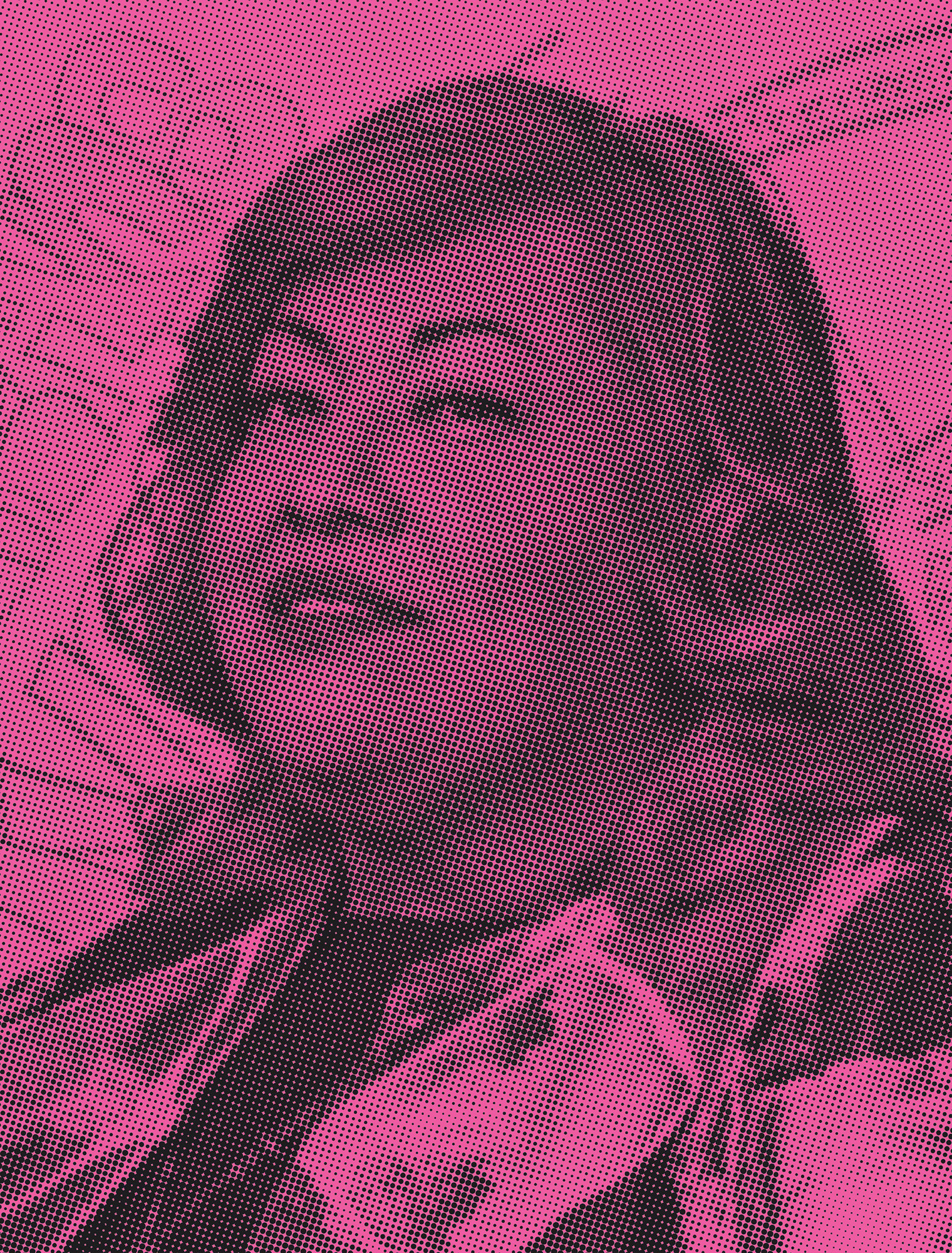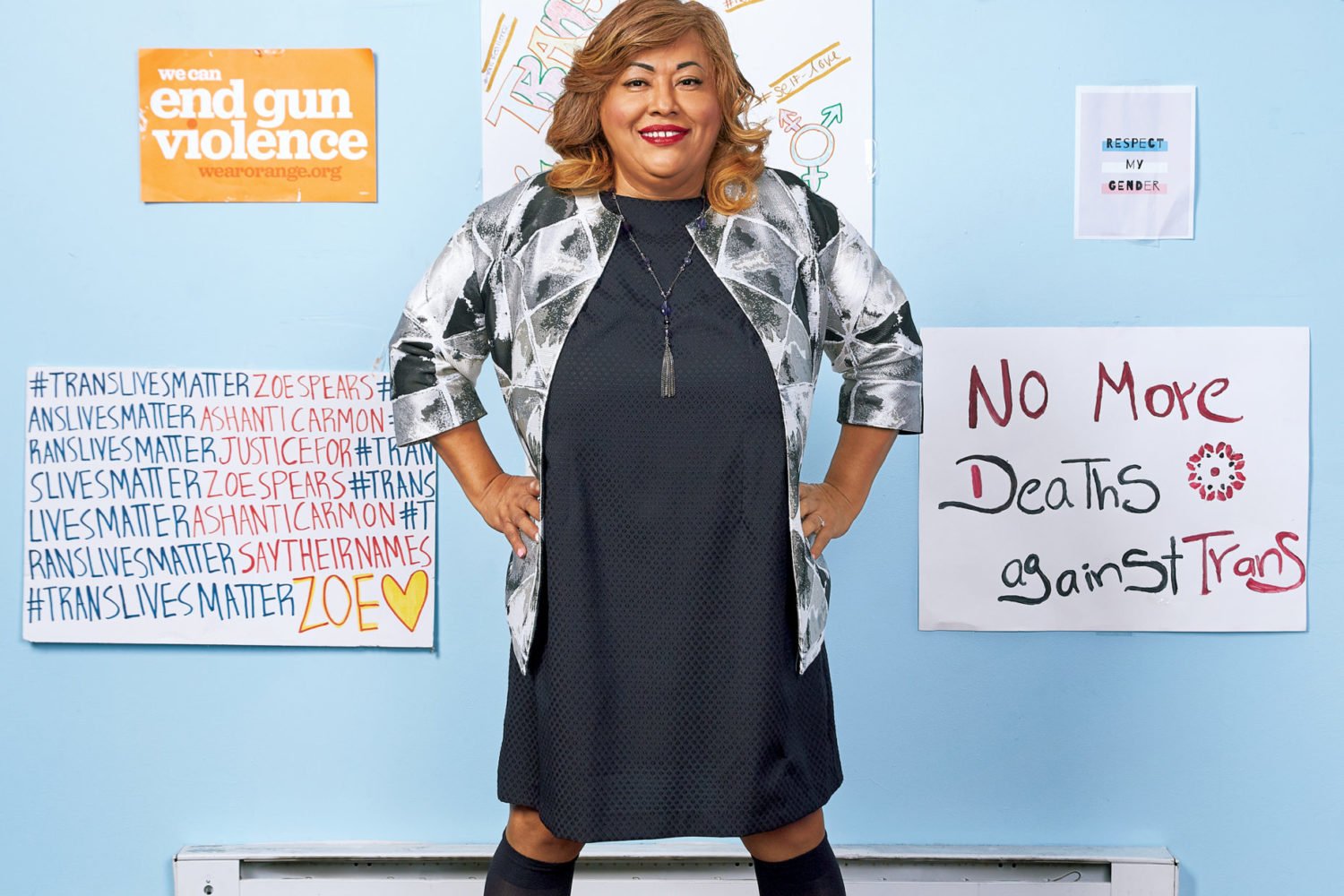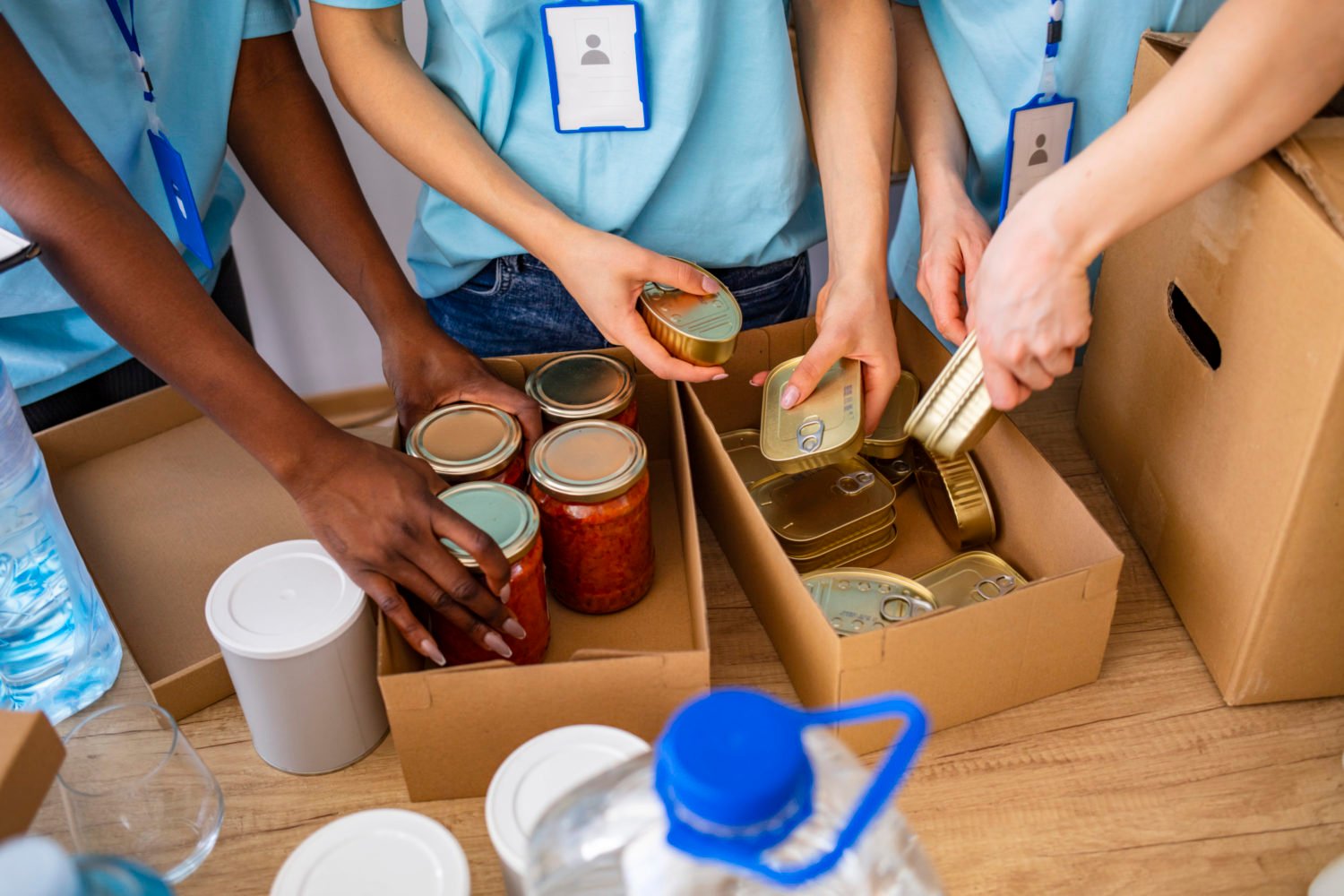Ruby Corado is back in the DC area—and in federal custody. After leaving the country for her native El Salvador in the wake of alleged financial improprieties that led to the implosion of the local nonprofit for homeless LGBTQ+ youth that she founded, Casa Ruby, the 53-year-old Corado was arrested at a Laurel hotel on Tuesday and charged the next day with money laundering and defrauding two federal pandemic relief programs.
According to federal prosecutors, Corado allegedly diverted at least $150,000 of $1.3 million in relief funds intended for Casa Ruby into private, off-shore bank accounts intended for her personal use. She faces charges of bank fraud, wire fraud, laundering of monetary instruments, monetary transactions in criminally derived proceeds, and failure to file a report of a foreign bank account.
The case is being investigated by the FBI Washington Field Office and the DC Office of the Inspector General. Corado will be held at least until a Friday detention hearing.
Much is still unclear about why, how, and when Corado returned to the United States. Former Casa Ruby employees told Washingtonian that while there had been rumors Corado was in the area, news of her arrest left many of them “shocked.” Arianna Inurritegui Lint, a Florida-based activist with the TransLatin@ Coalition and a longtime mentee of Corado’s, told Washingtonian that she received an email from Corado on February 25. In the email, Lint said, Corado said she was in Washington but considering a move to Florida, and asked if Lint could help her with lodging and medication.
Lint said she offered Corado assistance—as she would for any trans woman in need—but that Corado never arrived in Florida.
Some former Casa Ruby employees told Washingtonian that Corado may have come back to the area for health reasons, or because she felt that she could escape legal consequences. Others speculated that she was in financial trouble—someone who follows Corado on Facebook said that she’d recently tried to sell a few kitchen appliances on the site.
Many of those who spoke with Washingtonian are still angry at Corado—and hurting over Casa Ruby’s implosion. Taylor Lianne Chandler, an activist and former Casa Ruby employee whose 2021 complaint to Corado’s grantors at the DC Department of Human Services may have helped ignite the case against her, wrote in a text that, “I think this is justice at its finest for all the harm, toll, and disgrace she brought to my community! I’m happy she is in jail, she deserves to spend the rest of her life there for what she has done.” Asked what she thought of the charges against Corado, former longtime Casa Ruby employee Paty Hernández texted, “Finally.” Two other former employees told Washingtonian they were still too traumatized by what happened to talk any further.
Said another former employee: “I’ll send her ramen noodles and eyelashes in the commissary.”
Corado was once a celebrated figure in Washington—a fierce and scrappy trans immigrant who survived everything from homelessness to an HIV-positive diagnosis to become a prominent local activist and the namesake of a $4.2 million organization offering housing and social services to homeless queer kids, trans sex workers, and others whom Corado called her “family.” In October 2014, then-DC Mayor Vincent Gray walked her down the aisle at her wedding; a month later, she was working for incoming mayor Muriel Bowser’s transition team; in 2019, this magazine celebrated Corado as a Washingtonian of the Year. And Casa Ruby did significant good, filling in a social service gap for city government while providing hope and acceptance—and in some cases, employment—to a particularly marginalized and vulnerable group of young people.
But according to two dozen former Casa Ruby employees, residents, and community members, who later spoke to Washingtonian, Corado’s management of the nonprofit left much to be desired—and, in retrospect, may have prefigured its eventual downfall. Between 2018 and 2023, at least six landlords took legal action against Corado and Casa Ruby, alleging that the nonprofit failed to pay rent and utility charges and caused serious property damage that Corado failed to repair. Casa Ruby staffers claim they were paid poorly and inconsistently.
Meanwhile, staffers noticed that Corado’s lifestyle appeared to be getting fancier. She had what looked like a brand-new luxury sedan, and handbags and shoes from Louis Vuitton. In 2014, Corado paid herself $31,895 to run Casa Ruby; by 2020, that figure had ballooned to $260,416—making her the organization’s only employee earning an annual salary exceeding six figures. She also purchased a 4,000-square-foot, four-bedroom house in Upper Marlboro for $610,990.
In late 2021, one of Casa Ruby’s shelters abruptly shut down. Corado resigned shortly thereafter, taking to Facebook Live to blame the situation on “transphobia.” Casa Ruby withered, closing its doors in July 2022. A subsequent Washington Post story detailed a pattern of financial mismanagement by Corado, and that August the DC Attorney General’s office filed a civil complaint accusing Corado of transferring money from Casa Ruby’s accounts into her private accounts. The Wanda Alston Foundation, a District organization serving homeless and at-risk LGBTQ+ youth, was appointed by a court to act as a receiver for Casa Ruby; following an investigation, the foundation reported that Casa Ruby had more than $2 million in debts and “no meaningful assets,” and then filed a civil complaint alleging that Corado has funneled out more than $800,000.
In March 2023, Washingtonian spoke to Corado via videoconferencing for four hours over three conversations. She called from El Salvador, where she said she had lived since August 2022. During those calls, Corado repeatedly insisted she was innocent of all accusations against her, attacked whoever she thought was responsible for specific allegations, and lashed out at DC government. She argued that her compensation as executive director was fair, given the time-intensive, emotionally demanding nature of the job. She said she paid for her pricey bags and shoes with her own money—not by using Casa Ruby funds. She said that all of the financial transactions under investigation had been approved by Casa Ruby’s board, and that the reason she had withdrawn so much money was to create a “self-sustaining” source of income that would make the nonprofit less dependent on government agencies—entities that Corado viewed as biased and impossible to work with.
She also spoke about much she loved her Casa Ruby family. Asked what she would say if she could speak with them now—the kids who lost their homes, the employees who lost their jobs—Corado teared up. “I’m sorry,” she said, her voice breaking. “I’m sorry. I couldn’t fight because unfortunately, as much as I did, I couldn’t be the only one. And I know that the love that I felt was real.”
At that point, Corado’s voice strengthened. “But this is where I had to be honest with myself,” she said. “And just like everybody else, I have the right, you know, to have a good life.”
Editor’s note: This post has been updated to include reaction to Corado’s arrest from former Casa Ruby employees. An earlier version of this post incorrectly stated that Corado was arrested on March 6.



















